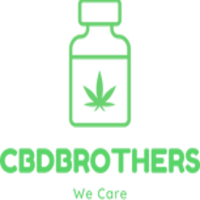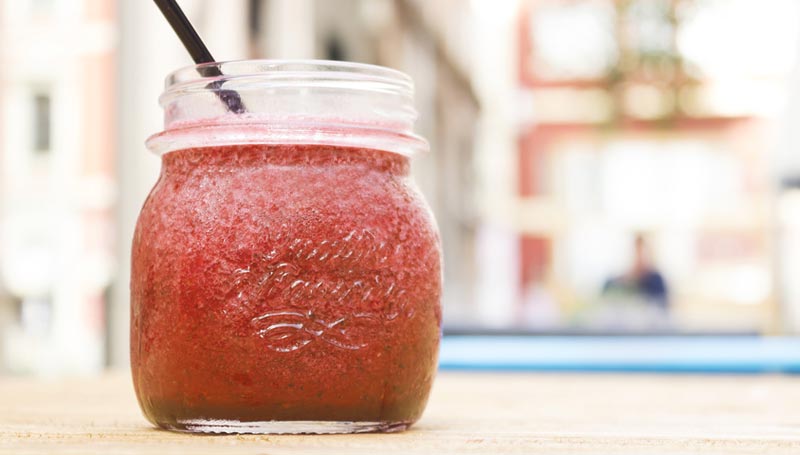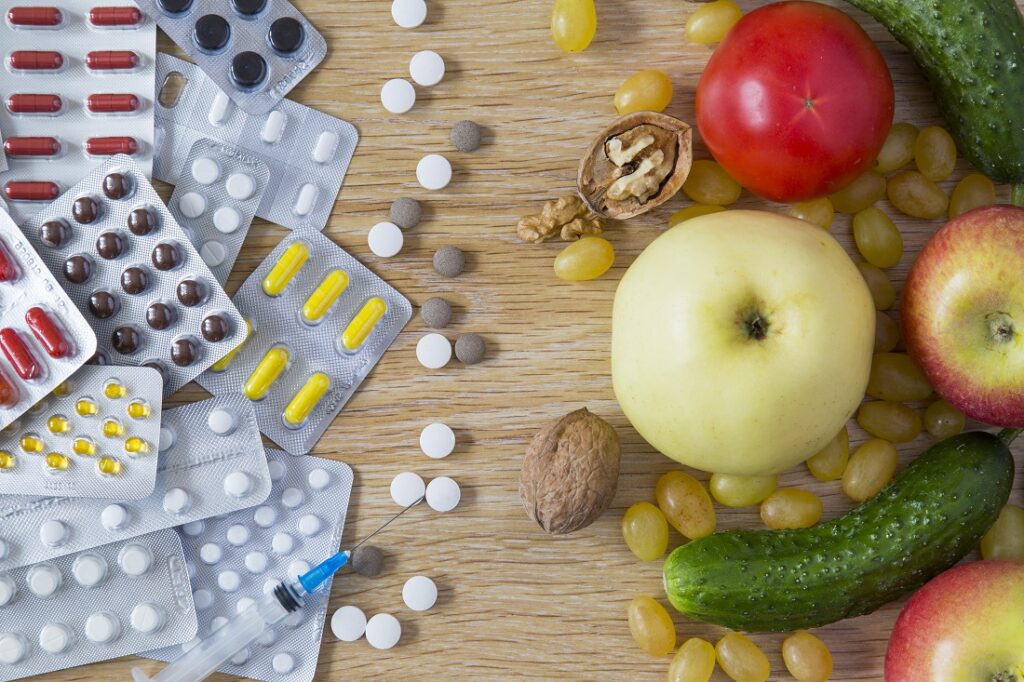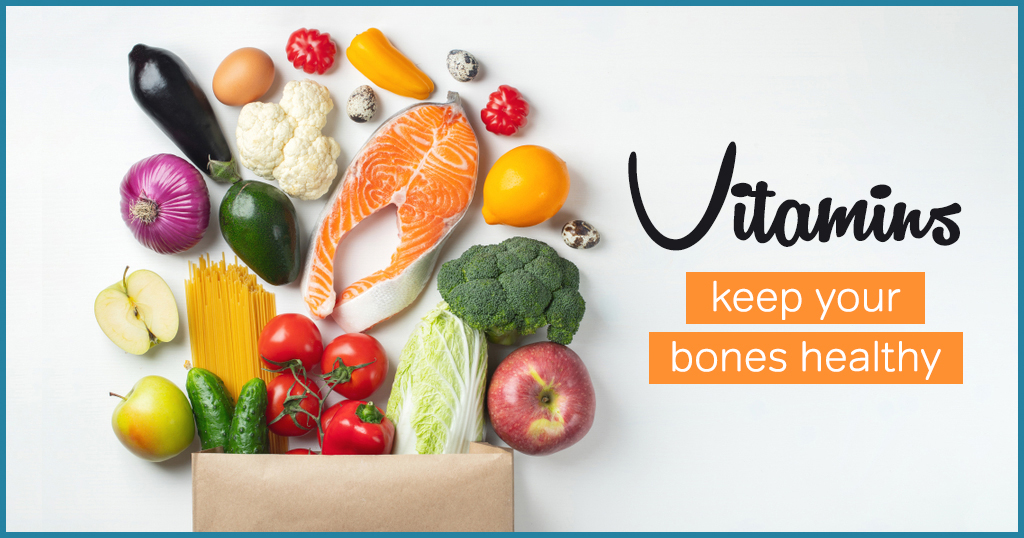Maintaining a balanced diet is essential for good health, and a crucial part of this is ensuring you get enough vitamins. Vitamins are organic compounds that our bodies need in small amounts for various functions, including growth, reproduction, and maintenance of health. While supplements are available, the best way to get your vitamins is through a balanced diet of nutrient-rich foods. This guide will provide you with comprehensive, practical advice on how to boost your vitamin intake naturally.
Understanding Vitamins
What are Vitamins
Vitamins are essential nutrients that the body needs to function correctly. They are divided into two categories: water-soluble and fat-soluble. Water-soluble vitamins, such as vitamin C and the B-complex vitamins, need to be consumed daily as they are not stored in the body. Fat-soluble vitamins, such as vitamins A, D, E, and K, are stored in the body’s fatty tissue and liver.
Why Are Vitamins Important
Each vitamin has specific roles in the body. For example, vitamin A is crucial for vision and immune function, while vitamin D is important for bone health. A deficiency in any of these can lead to health problems. Hence, it’s vital to consume a variety of foods to ensure you’re getting a broad range of vitamins.
Natural Sources of Essential Vitamins
Vitamin A
Vitamin A is crucial for vision, immune function, and skin health.
Sources
- Carrots
- Sweet potatoes
- Spinach
- Kale
- Liver
Vitamin B Complex
The B vitamins are vital for energy production, brain function, and cell metabolism. This complex includes B1 (thiamine), B2 (riboflavin), B3 (niacin), B5 (pantothenic acid), B6, B7 (biotin), B9 (folic acid), and B12.
Sources
- Whole grains
- Meat (especially liver)
- Eggs
- Dairy products
- Legumes
- Seeds and nuts
- Dark, leafy vegetables
Vitamin C
Vitamin C is essential for the growth and repair of tissues in the body and acts as an antioxidant.
Sources
- Citrus fruits (oranges, lemons, grapefruit)
- Strawberries
- Bell peppers
- Broccoli
- Brussels sprouts
Vitamin D
Vitamin D is important for bone health and immune function.
Sources
- Sunlight exposure
- Fatty fish (salmon, mackerel, sardines)
- Fortified dairy products
- Egg yolks
Vitamin E
Vitamin E acts as an antioxidant and is crucial for skin health and immune function.
Sources
- Nuts and seeds
- Spinach
- Broccoli
- Sunflower oil
- Almonds
Vitamin K
Vitamin K is essential for blood clotting and bone health.
Sources
- Kale
- Spinach
- Brussels sprouts
- Broccoli
- Fish
- Meat
Strategies to Boost Your Vitamin Intake
Eat a Balanced Diet
The most effective way to ensure you’re getting all the necessary vitamins is to eat a balanced diet rich in a variety of foods. Include plenty of fruits, vegetables, whole grains, lean proteins, and healthy fats in your meals.
Incorporate Superfoods
Superfoods are nutrient-rich and can help you get more vitamins with less effort. Examples include blueberries, salmon, kale, and quinoa.
Choose Whole Foods Over Processed Foods
Whole foods are typically more nutrient-dense than processed foods. They provide a broader range of vitamins and are free from the added sugars and unhealthy fats found in many processed items.
Cook Smart
How you prepare your food can impact its vitamin content. For example, steaming or microwaving vegetables can help retain more vitamins compared to boiling them. Eating some vegetables raw can also be beneficial.
Snack on Nuts and Seeds
Nuts and seeds are excellent sources of various vitamins, including E and B vitamins. Keep a stash of almonds, sunflower seeds, or walnuts handy for a nutritious snack.
Include Fermented Foods
Fermented foods like yogurt, kimchi, and sauerkraut can be good sources of B vitamins and vitamin K. They also promote gut health, which can help with the absorption of vitamins.
Utilize Herbs and Spices
Herbs and spices not only add flavor to your meals but also contain a range of vitamins. For instance, parsley is rich in vitamin C, and turmeric is known for its anti-inflammatory properties.
Drink Smoothies
Smoothies are a great way to pack in several servings of fruits and vegetables, providing a quick and easy vitamin boost. Use a variety of colorful fruits and leafy greens to maximize your intake.
Be Mindful of Vitamin Absorption
Some vitamins are better absorbed when taken with certain foods. For example, fat-soluble vitamins (A, D, E, and K) are best absorbed with dietary fats. Pairing a salad with avocado or olive oil can enhance absorption.
Monitor Your Vitamin Intake
Keeping track of your food intake can help ensure you’re meeting your vitamin needs. Use a food diary or a nutrition app to monitor your diet and identify any potential deficiencies.
Common Questions About Vitamin Intake
How can I tell if I’m getting enough vitamins?
Symptoms of vitamin deficiencies can vary, but common signs include fatigue, weakened immune function, and skin issues. Blood tests can help determine your vitamin levels.
Can I get all my vitamins from food alone?
Yes, it’s possible to get all necessary vitamins from a well-balanced diet, but some people might need supplements due to specific health conditions or dietary restrictions.
Are vitamin supplements necessary?
For most people, a balanced diet is sufficient. However, certain groups, such as pregnant women, the elderly, or those with specific health conditions, may benefit from supplements.
How does cooking affect vitamin content?
Cooking can reduce the vitamin content of some foods, especially water-soluble vitamins like vitamin C and B vitamins. Steaming, microwaving, or eating raw can help retain more nutrients.
Can I get enough vitamin D from sunlight alone?
Sunlight can provide adequate vitamin D, but factors like geographical location, skin tone, and sunscreen use can affect synthesis. Foods rich in vitamin D and supplements can help.
Are all vitamins absorbed equally?
No, some vitamins are absorbed better than others. Fat-soluble vitamins require dietary fats for absorption, while some minerals and vitamins can compete for absorption in the gut.
What are the best sources of vitamin B12 for vegetarians?
Fortified foods (such as cereals and plant-based milks) and supplements are good sources of B12 for vegetarians. Nutritional yeast is another option.
Can I take too many vitamins?
Yes, taking excessive amounts of certain vitamins, particularly fat-soluble ones (A, D, E, K), can lead to toxicity. It’s essential to follow recommended dietary guidelines and consult with a healthcare provider before taking high-dose supplements.
How do I know if I need a vitamin supplement?
Consult with a healthcare provider who can assess your diet, health status, and potential deficiencies to determine if a supplement is necessary.
How can I improve my vitamin absorption?
Eating a varied diet, including healthy fats, and maintaining good gut health through a balanced intake of fiber and fermented foods can improve vitamin absorption.
Conclusion
Boosting your vitamin intake naturally is all about eating a diverse and balanced diet rich in whole foods. By incorporating a variety of fruits, vegetables, whole grains, lean proteins, and healthy fats into your meals, you can ensure that you’re getting a broad spectrum of vitamins. Cooking methods, food pairings, and mindful eating practices also play significant roles in maximizing vitamin absorption. Remember to monitor your vitamin intake and consult with a healthcare provider if you suspect any deficiencies. With these strategies, you can maintain optimal health and well-being through natural means.
- Exploring Mushroom Powders: A Personal Review from House of Shrooms - July 12, 2024
- Vitamins for Heart HealthWhat the Experts Say - June 27, 2024
- The Best Vitamins for Bone Health - June 27, 2024



